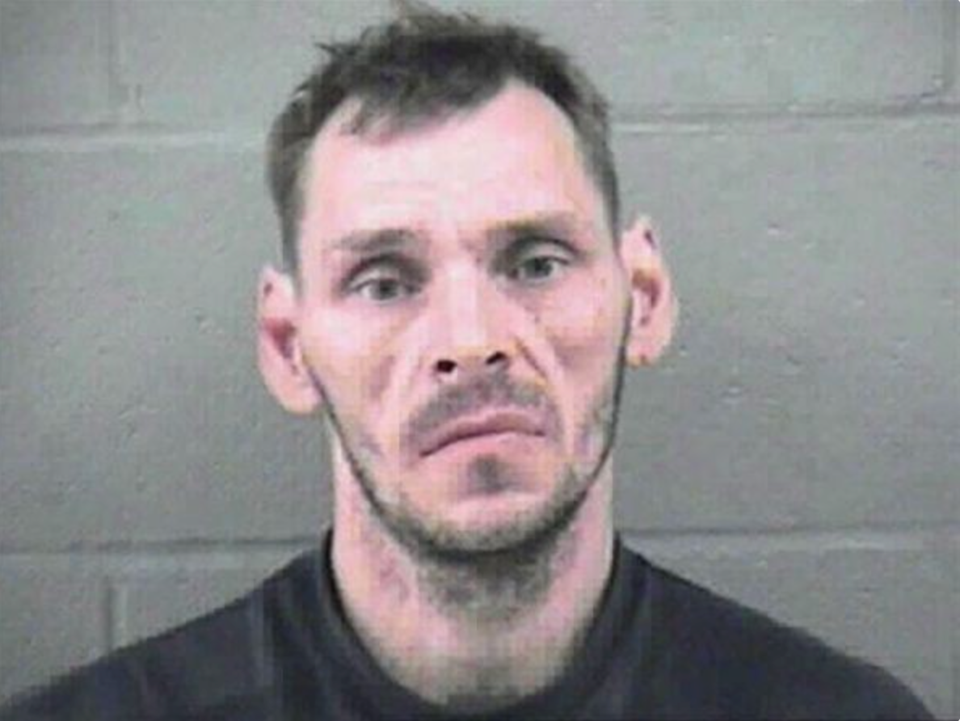The fact that child killer Allan Schoenborn has successfully changed his name under B.C. laws has prompted finger-pointing among politicians.
B.C. Premier David Eby told media Thursday that in 2002 when opposition leader Kevin Falcon was the Minister of Deregulation he removed regulations under the Name Act that ensured name changes would be published publicly in the BC Gazette.
Meanwhile, Falcon criticized the Eby government for allowing Schoenborn to change his name, granted the act still stipulates the registrar general at Vital Statistics must refuse a name change applicant if “the change of name is sought for an improper purpose or is on any other ground objectionable.”
As such, Falcon said the “buck stops” at Eby.
“Who will be held accountable for helping this heinous killer change his name?” asked Falcon via the social media platform X, formerly Twitter.
Speaking to Glacier Media on behalf of Falcon, via email, BC United press secretary Andrew Reeve said “we would argue protecting the guy who murdered his three kids in cold blood should count as objectionable.”
Schoenberg was acquitted of three first-degree murder charges in 2010 after a court found him not criminally responsible for killing his three children in Merritt in 2008 due to mental illness. He has been housed in a psychiatric hospital since.
But on Wednesday, the BC Review Board revealed that Schoenborn, who resides in a psychiatric hospital in Coquitlam with unescorted community leave privileges, has legally changed his name and further to that he wants it sealed from the public in future hearings.
Dave Teixeira, an advocate for Schoenborn’s victims, said the issue of name changes by not criminally responsible individuals has been raised to the offices of the premier and attorney general since 2015 when Vince Li changed his name to Will Baker. Li was found not criminally responsible for the July 2008 killing of Tim McLean aboard a Greyhound bus.
But, Teixeira said Schoenborn’s request to shield his new name from the public at review board hearings is a new development among not criminally responsible individuals.
Teixeira noted to Glacier Media that Schoenborn has a prior criminal record and it's his belief that anyone with a criminal record ought not to be able to change their name; or, at the very least, may only apply if the public is notified and has the ability to object to the application.
"Somewhere the system continues to fall down and doesn’t serve the victims,” said Teixeira.
Port Coquitlam Mayor Brad West sides with Teixeira and noted in a letter to Eby on April 18 that the Alberta government passed legislation prohibiting criminals and dangerous offenders from changing their name.
"It is completely beyond the pale that individuals like Schoenborn have the ability to change their name," said West.
Eby said he has directed government staff to examine the regulations, which are governed by individual provinces across Canada.
“Nobody should be able to evade accountability for their criminal activity by changing their name in this province and that includes Mr. Schoenborn, and anybody else,” Eby told media.
“One of those key provisions that was deregulated was the requirement that when you change your name in British Columbia, you have to publish the name change so that the public is aware of it so that it’s not a secret. That requirement was removed in 2002 and given these revelations from the Schoenborn hearing, we'll be looking at re-establishing that because it's not acceptable to British Columbians that someone could avoid public accountability for criminal conduct,” the premier said.
A look at the 2002 Name Act amendments shows Falcon and the BC Liberal government did remove the BC Gazette notice requirement and, instead, replaced it with “any form accessible to qualified applicants as determined by the director, including electronic publication.”
Furthermore, publication does not apply if “in the opinion of the director, publication is not in the public interest.”
Reeve noted that at the time of the deregulation amendments, publication of name changes was “limited” to the so-called qualified applicants on the advice of an Office of the Information and Privacy Commissioner (OIPC) recommendation to protect women fleeing violence. The OIPC told Glacier Media it could not comment on its recommendation.
However, today BC Vital Statistics, which is overseen by the Ministry of Health, has no apparent name change notification website for circumstances that do not involve risks to personal safety nor does it appear to have a web portal for those “qualified applicants,” the definition of which is unstated in the act. And it’s unclear what oversight and sign-off requirements, if any, the registrar has when making decisions on objectionable grounds.
The ministry did not respond to Glacier Media’s request to clarify its existing regulations.
Glacier Media asked Reeve and Eby’s office if either would like to re-establish a public notification system for name changes; however, neither side provided a clear answer.
Bhinder Sajan, the deputy director of communications for the premier’s office stated: “Decisions about names changes are made independently by the registrar. But we will be looking into what happened in this specific case as part of our work.
“There are of course important privacy issues at play for other British Columbians who may want to change their names for entirely legitimate reasons.”
Should anyone wish to change their name they have to fill out a form with Vital Statistics, provide a statutory declaration from an authorized person, pay $137 and provide fingerprints to the RCMP. The fingerprints are the cross-referenced in a database; should a person have a criminal record their new name is attached to their existing record.
Editor's note: This article was updated April 19 to include remarks from Brad West and Dave Texeira.

